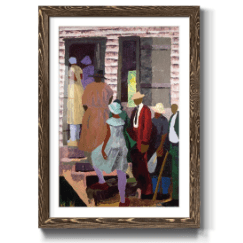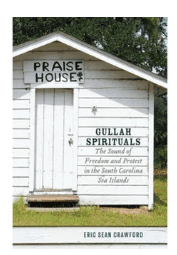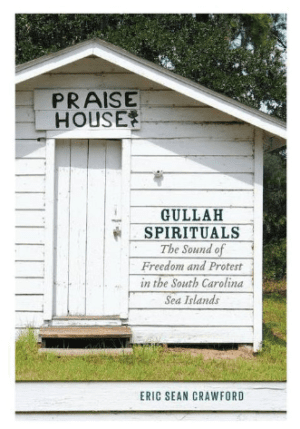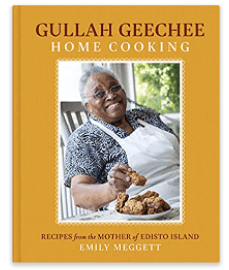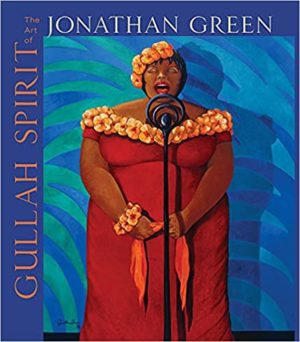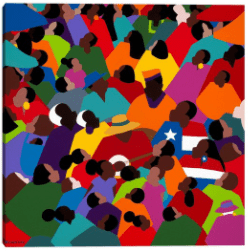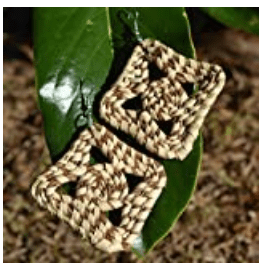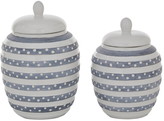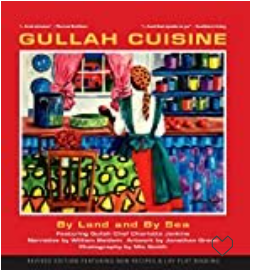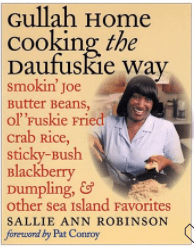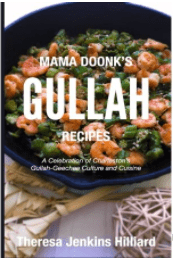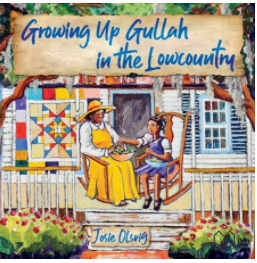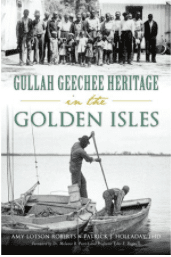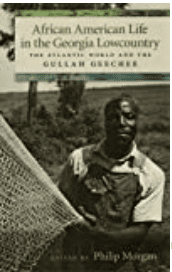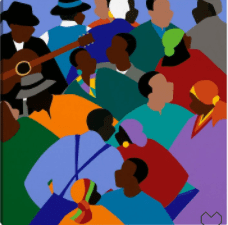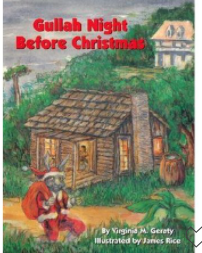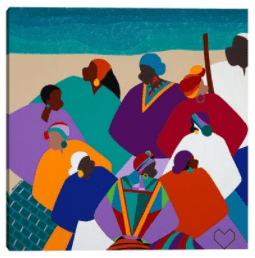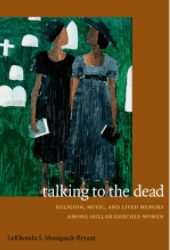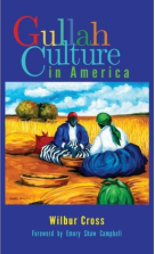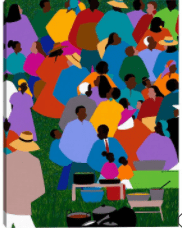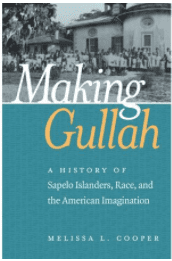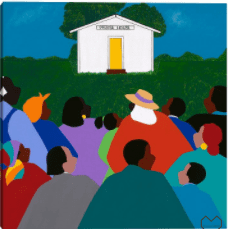
How to Celebrate and Support Heritage Food Events

On October 19, one of the most important Gullah-Geechee food events will take place in the Gullah-Geechee Heritage Corridor. The 4th Annual Gullah-Geechee Food Festival, a free family event, will take place in Hilton Head, SC from 11 am – 5 pm. The festival will feature foods indigenous to Gullah-Geechee culture (Shrimp and Grits, Seafood Gumbo, Devil Crabs and Stew Chicken), cooked by area vendors who are also residents, and it will not break the bank. The venue is the Gullah Museum of Hilton Head Island, which states that their purpose “is to revive, restore and preserve the Hilton Head Island Gullah history for the benefit of all – lest we forget”.
Revive. Restore. Preserve.
The thing that makes the Gullah-Geechee Food Festival important is the purpose of the museum guided by the purpose of the corridor guided by the purpose of the people. To revive something thought dead. To restore something thought listless. To preserve something thought useless. Heritage food and heritage food events are paramount to keeping the memory of a people alive and well in the minds of descendants. Heritage food is as an important part in telling a story of a people as historical dates, places and people.
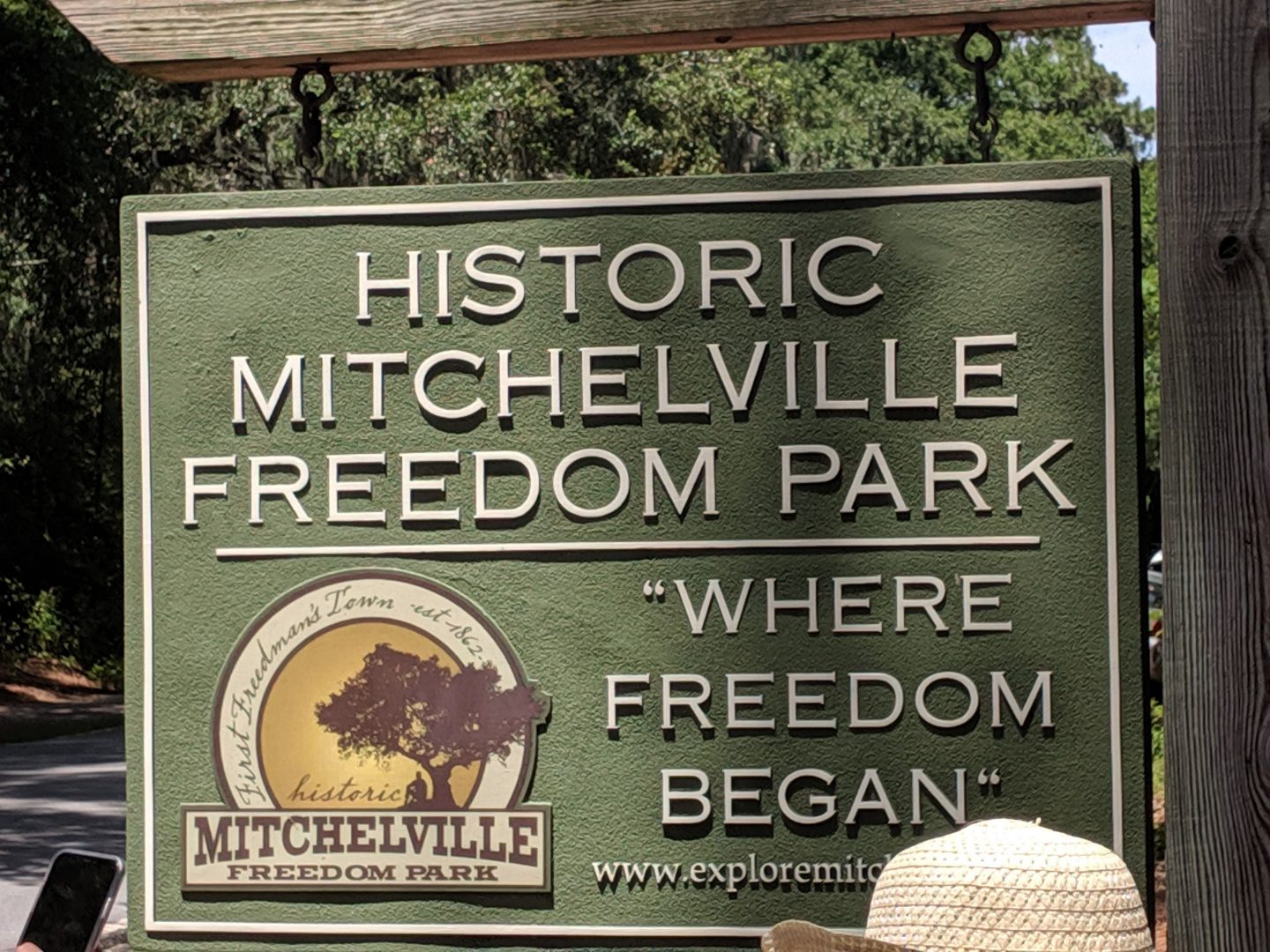
Lest we forget
If you have been given a recipe from an elder, then you have been given history. Not simply the history of the giver, but a history of the traditions held close to the heart by others who influenced every ingredient. For example, if your elder came from the Gullah-Geechee corridor, then the ingredients used were the most readily available via crops (okra, rice) and food-related industries (fishing, poultry, livestock). Your one recipe is telling you how they ate, they lived, and perhaps, how they worked. Every time you cook that recipe, you celebrate that history.
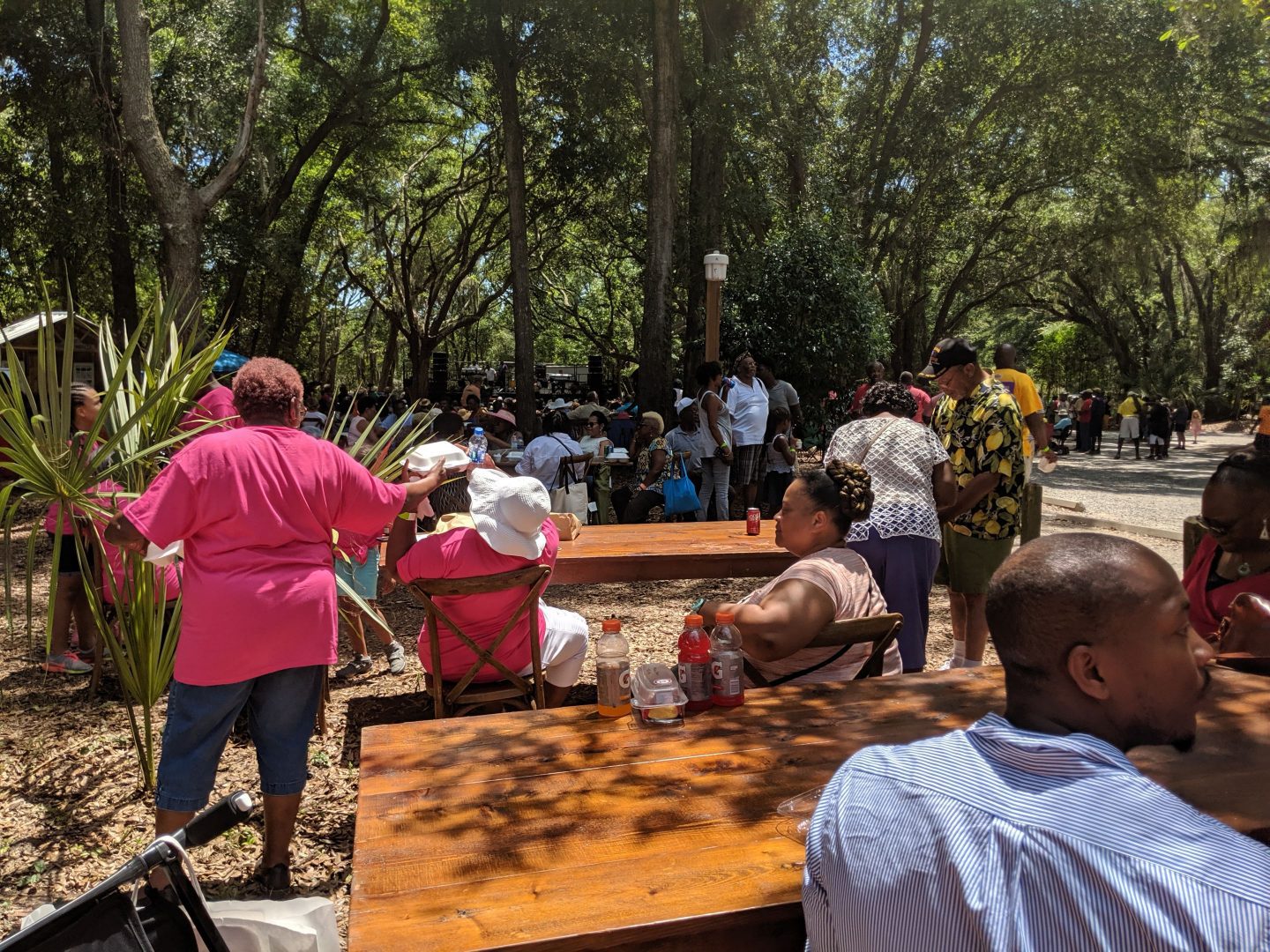
Heritage preservation
Home cooks are the greatest preservers of food heritage. But there are chefs who have committed their work to preserve the food heritage of their regions and culture. This week, chefs Adrian Lipscombe is leading a group of black women chefs to present a heritage food dinner at the James Beard House in NYC. The theme is Southern Black Traditions featuring an eclectic menu with both interpreted and traditional southern foods, including a cake table inspired by black church cake tables. The event is high-end but proceeds benefit additional work to revive, restore, and preserve food heritage at JBH. Chefs like Leni Sorensen, Wanda Blake and Hardette Harris have culinary careers dedicated to food heritage, and they sell products as well as host dinners and teach to support their work.
Celebrate & Support
Whether you decide to attend a heritage food festival or one of the many Black Restaurant Weeks around the country, you are celebrating and supporting black food heritage. You can do the same by supporting a local mom & pop restaurant or a high-end black-owned and operated restaurant (you can use the eatOkra app to locate them wherever you live or travel).
Here are some factors to consider in making a decision on a festival, event or establishment:
- Who are the producers of the event? Who are the owners?
- Who benefits? If an event or festival, is it clear who will receive proceeds? If for a non-profit, how much is allocated to a charity or cause? If for profit, are the majority owners black and vested in supporting black people?
- Who are the vendors? Do they represent the community served?
- What is the price of admission? Is it worth it to you to pay $800 per ticket for food you can buy from a mom & pop for $5 or a bit more?
- Ask yourself, who is or what is being exploited? Is the heritage and tradition being exploited to benefit a cause or business that is not black or invested in the black community?
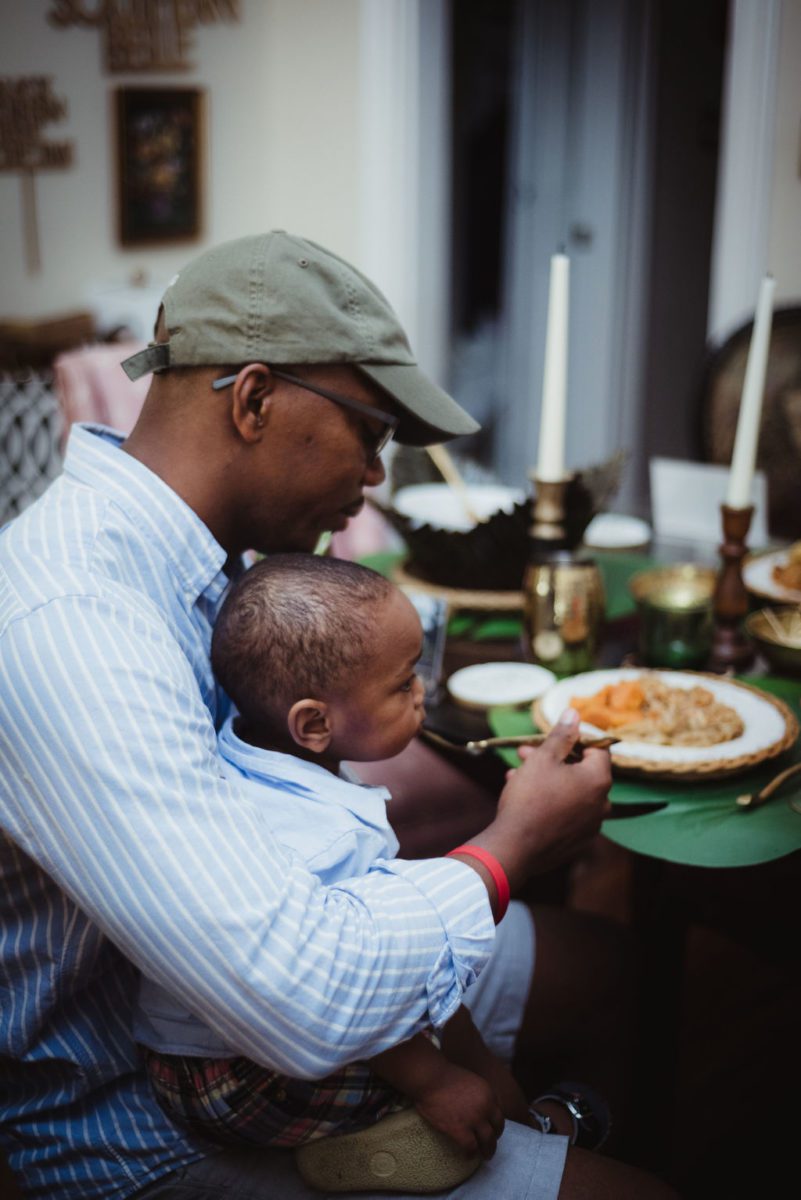
No one can tell you how to spend your money but in a conscious effort to revive, restore and preserve, you are entitled to information critical to where your money will go. Celebrating and supporting black food heritage will not be exploitative or costly.
If you are interested in heritage food and tourism in the Gullah-Geechee Corridor, then consider these places to visit and eat.
- Mosquito Beach in the Sol Legare community on St. James Island
- Wadmalaw Island
- Edisto Island
- Santee
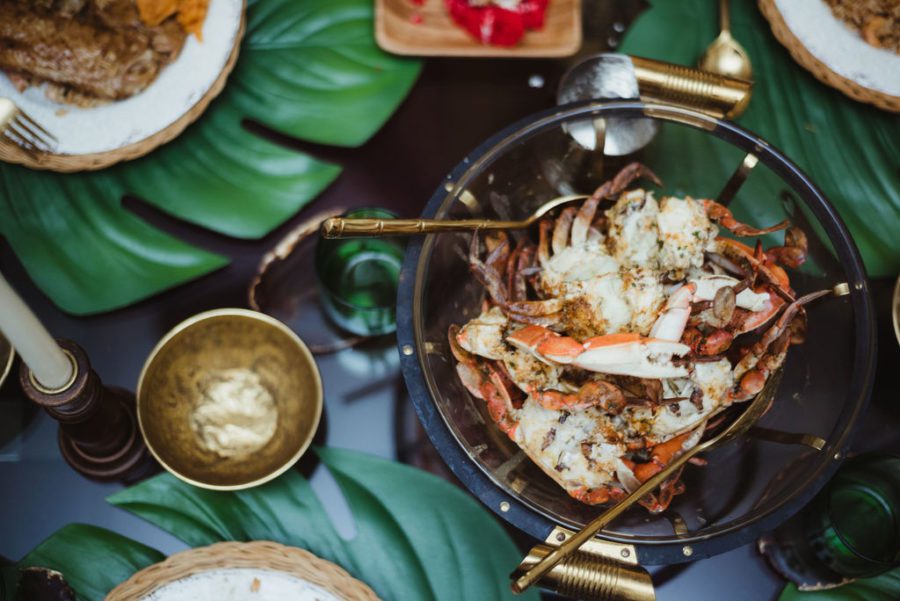
The dollars you spend in the above places actually help the communities thus help black families thrive and the culture survive.
Helping the culture survive while surveying history is one of the most conscious things one can do.


